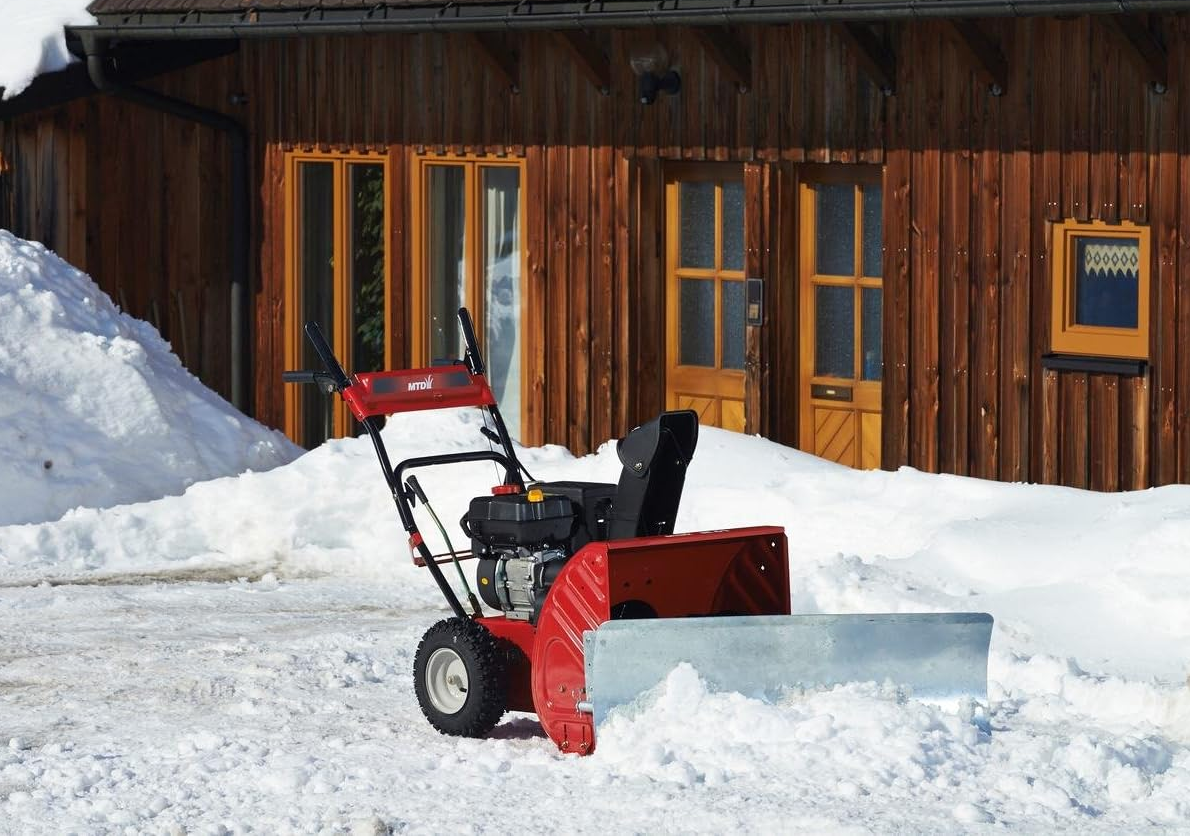

Home Generator
Everything you need to know to make the right choice
Why have a home generator?
In today’s world, where our dependence on electricity is greater than ever, power outages can turn our daily lives into a real challenge. A generator can be a reliable solution in such situations, providing you with the necessary electricity for your essential appliances and devices.
Which generator to choose?
Choosing the right generator depends on several factors:
- Power: Determine the total power of the devices you want to power simultaneously. Choose a generator with slightly higher power to have a reserve.
- Fuel type: Gasoline generators are lighter and more portable, while diesel generators are more economical and suitable for long-term operation. There are also gas and combined models.
- Inverter or standard: Inverter generators produce cleaner power and are quieter, but they are more expensive. Standard ones are cheaper but noisier and not suitable for sensitive electronics.
- Portability: If you need to frequently move the generator, choose a lighter and more compact model.
- Automatic or manual start: Automatic generators turn on automatically during a power outage, while manual ones require your intervention.
Generators by fuel type:
Gasoline generators – advantages
-
Quick start-up: Gasoline generators provide rapid activation, which is crucial in emergency situations.
-
Easy to transport: Their lightweight design makes them convenient for mobile applications and camping.
-
Available spare parts: Due to their popularity, spare parts and maintenance are widely accessible.
-
Ideal for short-term use: Suitable for occasional usage or as a temporary solution.
Diesel generators – advantages
-
High energy efficiency: Diesel generators offer stable and powerful operation during long-term use.
-
Lower operating costs: Despite a higher initial investment, they are more economical in the long run.
-
Durability in harsh conditions: They demonstrate excellent performance under intensive and prolonged workloads.
-
Suitable for industrial applications: They feature a strong construction and withstand substantial loads.
Propane generators – advantages
-
Clean combustion: Propane generators emit fewer pollutants, making them a more environmentally friendly choice.
-
Quieter operation: They provide quieter performance, suitable for residential or office environments.
-
Easy storage: Propane is stored safely and conveniently, making the unit more mobile.
-
Fuel efficiency: They offer an optimal balance between performance and fuel consumption, reducing operational costs.
Popular generator brands:
-
Honda: Impeccable reliability, quiet operation, easy maintenance, long-lasting durability.
-
Yamaha: Compact design, innovative features, user-friendly operation, excellent energy efficiency.
-
Briggs & Stratton: Strong build, extended lifespan, fuel economy, consistent performance.
-
Generac: High power output, intuitive controls, great value, suitable for home and business use.
-
Kohler: Professional-grade quality, high security features, dependable operation, outstanding support.
-
Cummins: Industrial strength, powerful and durable engines, proven efficiency in heavy-duty applications.
-
Hyundai: Modern technology, cost-effective, compact yet powerful, innovative approach.
-
Wacker Neuson: Industrial solutions, high performance, resilience, engineered for tough conditions.
-
Kompak: Compact size, steady mobile performance, low operational costs, easy maintenance.
-
ITC Power: Superior energy efficiency, intelligent control systems, built for dynamic usage.
-
AL-KO: Economical operation, sturdy construction, reliability under various conditions, great price-quality balance.
Basic functions and features
- Overload protection: This function protects the generator and connected devices from damage.
- Oil level sensor: Automatically turns off the generator at low oil levels to prevent engine damage.
- Outlets: The number and type of outlets determine how many and what types of devices you can connect.
- Noise level: An important factor, especially if you plan to use the generator near residential buildings.
- Handles and wheels: Facilitate carrying and transporting heavier models.
How to use a generator safely?
- Read the instructions carefully: Each generator has specific operating and maintenance requirements.
- Never use the generator indoors: The exhaust gases are toxic and can cause carbon monoxide poisoning.
- Good ventilation: Ensure sufficient space around the generator for air circulation.
- Connection to a circuit breaker: It is mandatory to connect the generator to a circuit breaker to protect your home’s electrical system.
- Regular maintenance: Check the oil level, replace spark plugs, and filters according to the manufacturer’s instructions.
Where to place the generator?
- On a flat and hard surface: Avoid uneven or slippery surfaces.
- Away from windows and doors: To prevent exhaust gases from entering the home.
- Under a canopy or in a garage: To protect the generator from rain and direct sunlight.
Additional tips:
- Create a list of important devices: Determine which devices are most important to you and how much energy they consume.
- Compare prices and features: Before buying, compare different models from different manufacturers.
- Consider solar panels: If possible, combine the generator with solar panels for a more environmentally friendly and economical solution.
Conclusion, home generator
Power outages can be caused by various factors—weather conditions, grid failures, or planned technical maintenance. In such situations, having a generator ensures continuous electricity supply, keeping your home functional and comfortable. This is especially important for families that rely on electricity for heating, lighting, communication, or work. Home generators are also indispensable for individuals who use medical devices that require a constant electrical connection.
Safety:
When using a generator, it is essential to follow all safety measures. Generators should be installed in a well-ventilated space, away from residential areas, to prevent the buildup of harmful gases. Additionally, proper maintenance ensures the long-term operation of the device, including regular checks of fuel levels, filters, and electrical connections.
Consultation with a specialist:
To ensure that your investment meets your needs, it is advisable to consult with a specialist. Expert guidance will help you choose the most suitable model based on power capacity, fuel consumption, and installation method. Having a generator not only provides stability in times of crisis but also allows you to maintain a normal lifestyle regardless of the circumstances.
The choice of a generator should be based on the real needs of the household—power capacity, fuel type, and the presence of automatic start functionality.
Note* This article is intended to provide general information and does not replace professional advice. For more information, consult a specialist.
You read: Home Generator
Category: Technologies
Latest posts
-
 Christmas photoshoot– 10 reasons to do it 28.11.2025
Christmas photoshoot– 10 reasons to do it 28.11.2025 -
 Mandatory functionalities for the e-store 25.11.2025
Mandatory functionalities for the e-store 25.11.2025 -
 What is hosting? 18.11.2025
What is hosting? 18.11.2025 -
 Horoscope December 2025 17.11.2025
Horoscope December 2025 17.11.2025 -
 Corporate Branding 10.11.2025
Corporate Branding 10.11.2025
Categories
- Auto (6)
- Business (23)
- Cooking (7)
- Culture (4)
- Entertainment (12)
- Fashion (3)
- Health (6)
- Home and garden (8)
- Journeys (3)
- Mom and Dad (6)
- Motivation (1)
- Technologies (45)
- Trend (7)
- Zodiak (10)
- Без категория (1)








